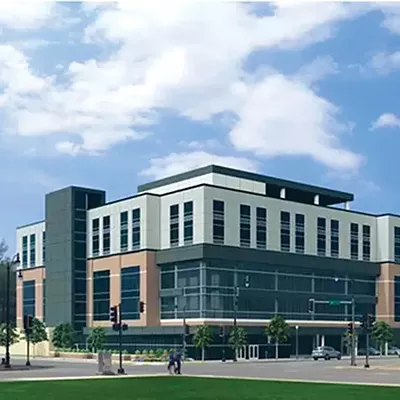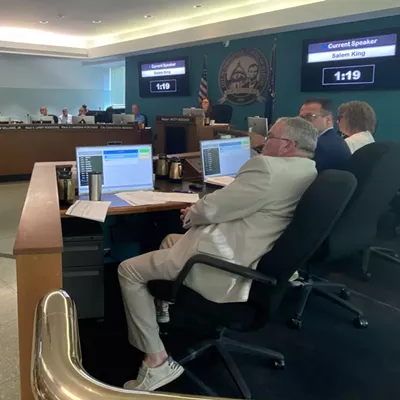By Monica Stabile
A mix of business groups, trial lawyers and health care advocates are fighting over new legislation attempting to change the Illinois workers’ compensation system.
The proposal, sponsored by Senate Republican Leader Christine Radogno, would impose a four-year freeze on wages for permanent partial disability, cap disability benefits and limit physical therapy visits, among other measures. “This bill is an effort to continue to respond to the concerns we hear from the business community that workers’ compensation costs are too high,” Radogno said. “We are trying to rein in the cost, but still protect workers.”
Permanent partial disability benefits are intended for employees who have sustained a permanent disability or disfigurement, but are still able to work. After the four-year freeze, benefits would increase for permanent partial disability each year.
Todd Maisch, president and CEO of the Illinois Chamber of Commerce, said the proposed changes to workers’ compensation don’t go far enough. Maisch says workplace injuries should be redefined to identify what qualifies as a workplace injury and what doesn’t.
“The workers’ compensation package needs to be a lot stronger,” Maisch said.
The legislation, Senate Bill 12, also calls for stricter American Medical Association guidelines for determining the seriousness of the injury. Currently, there are five AMA factors that the Illinois Workers’ Compensation Commission uses to award permanent partial disability cases. Factors include the level of impairment, occupation, age, future earning capacity and proof of disability in medical records. The bill is part of a larger package of legislation dubbed a “grand bargain,” aimed at reaching a compromise on the state budget impasse.
During Gov. Bruce Rauner’s annual budget address to lawmakers on Feb. 15, he recommended that legislators create a workers’ compensation system similar to Massachusetts, a Democrat-run state, to bring workers’ compensation costs down. Massachusetts uses “causation” in identifying workers’ compensation cases, meaning benefits are only administered if there’s proof that the injury was a direct result of job duties and the injury happened at work.
Mark Selvaggio, president of Selvaggio Steel, Inc. in Springfield, would like to see workers’ compensation in Illinois become more competitive with other states’ systems. Selvaggio supports causation as a way of bringing down workers’ compensation costs.
“Workers’ compensation is crushing the state,” Selvaggio said. “We need causation because the cause of injury (currently) needs 1 percent of causation to cover 100 percent (of benefits).”
Chris Hurley, president of the Illinois Trial Lawyers Association, said the real problem with the workers’ compensation system is insurance companies using a state law to take advantage of workers and employers by profiting from the savings they receive instead of passing along their reduced business cost to employers.
“Cutting benefits, lowering medical reimbursements and denying more claims only further bolsters the insurance industry’s profits,” Hurley said in a statement.
The Illinois Department of Insurance released a report last year showing workers’ compensation insurers’ profits rose nearly 22 percentage points between 2010 and 2014, from negative 11 percent to positive 11 percent. Between 2011 and 2015, insurers’ financial payouts for claims declined to below the national average, according to the report.
Illinois is an attractive environment for workers’ compensation insurers, Hurley said, because of poor oversight and laws that benefit them over workers and employers. Illinois has 332 insurance companies involved in workers’ compensation, the highest number nationwide.
According to a 2016 study released by the Oregon Workers’ Compensation, Illinois ranks eighth in the country for the most expensive premium rate, dropping from seventh place in 2014. Hurley says that if Illinois developed a workers’ compensation model similar to that of Massachusetts, it would raise concerns about injured workers receiving quality health care because Massachusetts doctors tasked with treating injured workers receive the lowest reimbursement in the nation.
“A patient’s choice of physicians will be seriously limited and wait times for treatment are sure to rise significantly,” Hurley said.
“If workers can’t get access to quality care, their delay to return to work will be greater,” said a representative of the Illinois Health and Hospital Association during a legislative committee hearing in Springfield in January.
Selvaggio said the state must find a way to bring workers back to the Land of Lincoln because Illinois is a better place to work than Indiana due to higher wages for workers and a better workers’ compensation system.
“It’s a good career if you’re working a blue-collar union job in Illinois,” Selvaggio said.









